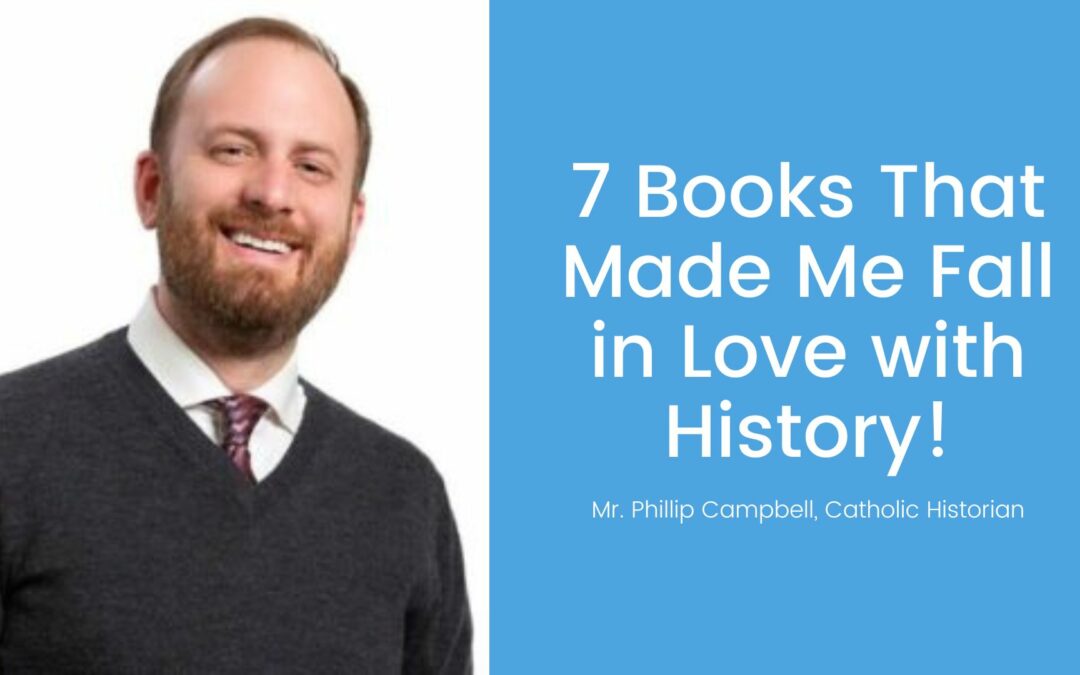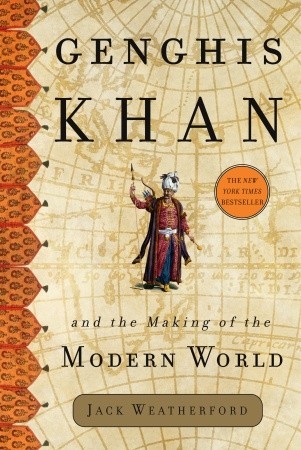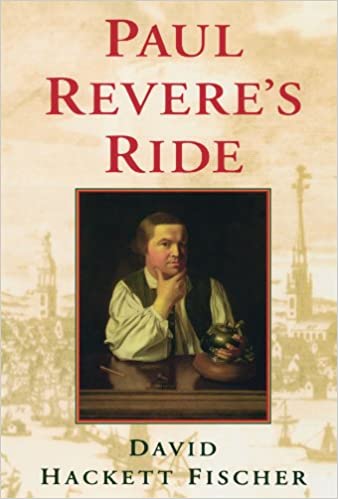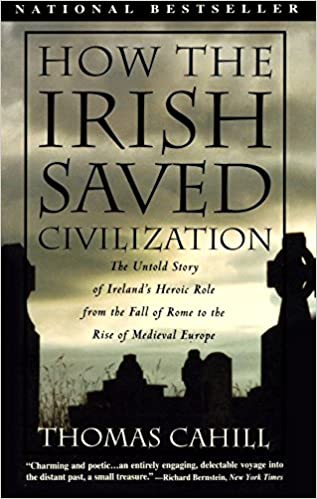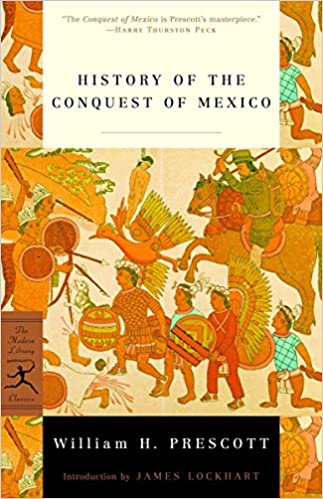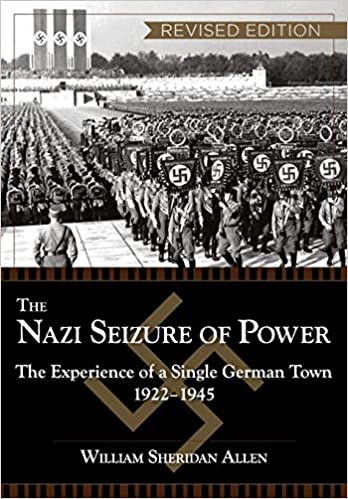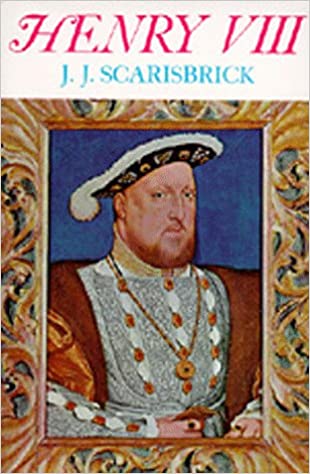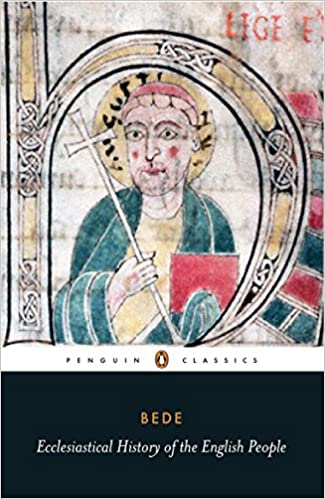Seven Books That Made Me Fall in Love with History
Falling in love with history, one book at a time.
Here is my personal reading list of history books to help you forget about those drab, dull history classes of your childhood and find a true appreciation for the story of human civilization. A true appreciation that you can pass on to your children and thus make your Catholic homeschool the best school possible. As Maureen Wittmann is fond of saying, “Emotions are contagious!” If you want your children to love history, they need to catch it from you.
Introduction
Strange as it seems now, I did not always know I wanted to be a history teacher. There were many long years where I was uncertain about my calling in life, and I struggled to plot a career path for myself. I’d always loved history, but it took some time, study, and discernment to figure out that I wanted to make a living out of it.
There were a few books that helped along the way, too! These books were instrumental in awakening a deeper love of the subject matter in me. They made me want to dive deeply into history, learn as much as possible, and share my love of it with others.
The books on this list are still among some of my favorites to this day. In this post, I will share seven of these wonderful books with you. I read most of these when I was college-aged, so I am not sure they would be suitable for younger students, but a well-read high schooler could certainly tackle them.
History Appreciation Reading List
Genghis Khan and the Making of the Modern World by Jack Weatherford
Jack Weatherford’s 2004 Genghis Khan and the Making of the Modern World was the first major study of the Mongols after the fall of the Soviet Union. Until 1991, researchers were not allowed into Mongolia to do research on Mongol history, as the Soviets feared it would incite nationalist sentiment among the Mongols. Weatherford threw open the doors of Mongol research with this sweeping history of Genghis Khan and his dynasty.
Written in a lucid and dramatic style, this book not only introduces you to the characters and events that forged the Mongol Empire but also shows how the Mongol Empire continues to exert influence to this very day. In subsequent years, some of the claims of Weatherford’s book have been challenged or revised in light of continued study. However, overall, this is a fantastic introduction to Genghis Khan and the Mongols and a superb example of how to write dramatic, compelling history.
Paul Revere’s Ride by David Hackett Fischer
In Paul Revere’s Ride, American historian David Hackett Fischer spends a monumental 445 pages narrating the details of Paul Revere’s famous ride. The book takes us back to the harrowing events of April 1775 with a gripping narrative and attention to even the minutest details. I read this book during my first year of college, and I couldn’t put it down. I would spend hours reading it every day.
Some history books give you a big-picture view with sweeping narratives and broad vistas, but others take a microcosmic view, zeroing in on the minutiae of particular events. Hackett employs the latter style here. Most of the book is devoted to Paul Revere’s ride, giving almost a minute-by-minute detail. It is revisionist in that it is “myth-busting.” However, it does so with reverence for the great deeds of our Founding Fathers and still leaves the reader deeply impressed by the daring exploits of Revere ahead of the Battles of Lexington and Concord.
How the Irish Saved Civilization by Thomas Cahill
It’s hard to believe it has already been 26 years since Thomas Cahill published How the Irish Saved Civilization. I remember reading Cahill’s book as a young man and absolutely falling in love with Irish culture. This book demonstrates how the Irish served as a cultural bridge between the culture of ancient Rome and medieval Christendom, preserving all that was best about Roman antiquity through their monastic scribes while imbibing Christianity with their own unique Celtic spirit.
It should be known that Cahill is a progressive, and it shows in certain passages where he makes unfortunately snarky comments about the papacy—and I absolutely would not recommend anything he has written since. But even a blind squirrel finds a nut now and then, and Cahill definitely hit a home run with this book, at least regarding the contributions of the Irish. It is an admirable example of a well-written cultural history that is still worth a read despite the author’s regrettable bias.
History of the Conquest of Mexico by William Prescott
Unlike the other books I have mentioned thus far, Prescott’s History of the Conquest of Mexico is not a modern work. It was written in 1843, but it that is no mark against it. It is probably the most informative and thrilling narrative of Cortes’s conquest that has ever been penned.
Prescott wrote in the years after the Mexican War when the United States was rapidly expanding into the southwest, and there was considerable popular interest in the Hispanic heritage of the Americas. His work is fair, presenting the Spaniards as protagonists but without glossing over some of their less admirable qualities. He also expresses sympathy for the Aztecs and their plight without glossing over their propensities to barbarism, either.
I found this book on a giveaway shelf when I was just starting college, and I carried it with me everywhere until the book fell apart. It’s that good!
History of the Conquest of Mexico is written in a “universal history” genre that doesn’t exist anymore. A universal history was a genre of history popular in the mid-1800s that covered not only history but geography, climate, flora & fauna, culture, and every aspect of a certain place in time. Prescott’s book thus not only serves as an excellent history of the conquest but also gives you a thorough education in Mexican geography and Aztec culture.
It is a rather long and dense book, maybe not for everyone. If you want an easier-to-read book that tells basically the same story, check out Hernando Cortes, Volume 3 in John O’Kane Murray’s Lives of Catholic Heroes and Heroines of America series.
The Nazi Seizure of Power by William Sheridan Allen
William Sheridan Allen’s study of the rise of Naziism was first published in 1973 and has undergone numerous re-printings since. It has become a classic reference work for those interested in World War II and political history.
Like Paul Revere’s Ride, Allen’s book uses a microcosm approach and focuses on the experience of a single town in the years between 1922 and 1945. While many books about the Nazis focus on either the Holocaust or the military conflicts of the war, Allen’s interest here is political. He strives to understand the mechanics of how the Nazis actually structured their political movement and why they were able to obtain electoral victory. It is a fascinating and terrifying look at the framework of fascism as it unfolded in one small German town during the buildup to World War II.
Henry VIII by J.J. Scarisbrick
Every Catholic should be at least somewhat familiar with the person and deeds of King Henry VIII, England’s autocratic monarch who plunged his kingdom into schism in the 1530s, leading to the establishment of Protestantism in Britain.
J.J. Scarisbrick’s biography of Henry was first published in 1972 as part of a series of royal biographies. It has stood the test of time! I first read this when I was 20 years old, and it led to a lifelong fascination with the politics and religion of early Tudor England. Scarisbrick’s biography is encyclopedic in its breadth—we learn about wars, politics, religion, canon law, culture, and much more, all centered on the massive personality of King Henry VIII.
As a college student, I returned to this book and used it as a source in my senior thesis on the canon law of Henry’s divorce. I found it just as enjoyable the second time around. I have continued to return to it over the years as it is so full of information! It may be too dense for some readers. Scarisbrick is a professional historian and writes as one, so it is not an easy read but rewarding for those with the fortitude to endure.
Ecclesiastical History of the English People by St. Bede the Venerable (Penguin Edition)
Once, many years ago, I was on vacation in Fredericksburg, Virginia, and I wandered into Riverby Books (one of the most wonderful bookstores I’ve ever visited, by the way). I found a little Penguin Edition of St. Bede’s Ecclesiastical History of the English People; I think I paid maybe $5 for it? Well, I cracked it open right when I walked out of the store, and it was all over—for the rest of my vacation, all I did was walk around with my nose shoved in St. Bede’s history of Anglo-Saxon England. I was pretty useless to everyone around me!
St. Bede is known as the father of Catholic historians, and upon reading his seminal work, it is easy to see why. His Ecclesiastical History of the English People tells the history of England from Roman times to the arrival of St. Augustine and Kent and up into the 8th century. We are treated to the battles of kings, the deeds of saints, and the theological controversies of theologians in this sweeping history of England’s formative years.
This book made me absolutely fall in love with Anglo-Saxon England. The chapters are short, which makes it easy reading; it is ideal for someone wanting to flesh out their knowledge of early medieval England and learn about how the Church grew during the so-called “Dark Ages.”
Conclusion
So there you go! It was hard narrowing it down to just these seven book titles. I’m sure I could have done more! Maybe in a future post. In the meantime, what about you? Do you have any history books that deeply impacted you? Tell us about it in the comments!
Post Script
Online classes with Homeschool Connections are another resource for making history come alive in you and your home. Our Catholic homeschooling courses will help to ignite a love of history in your children with teachers who love their subject matter plus engaging texts!
NOTE: This article contains affiliate links.
What are your thoughts on this topic? To continue the discussion, join me and other homeschooling parents at our Homeschool Connections Community or our Facebook group!

